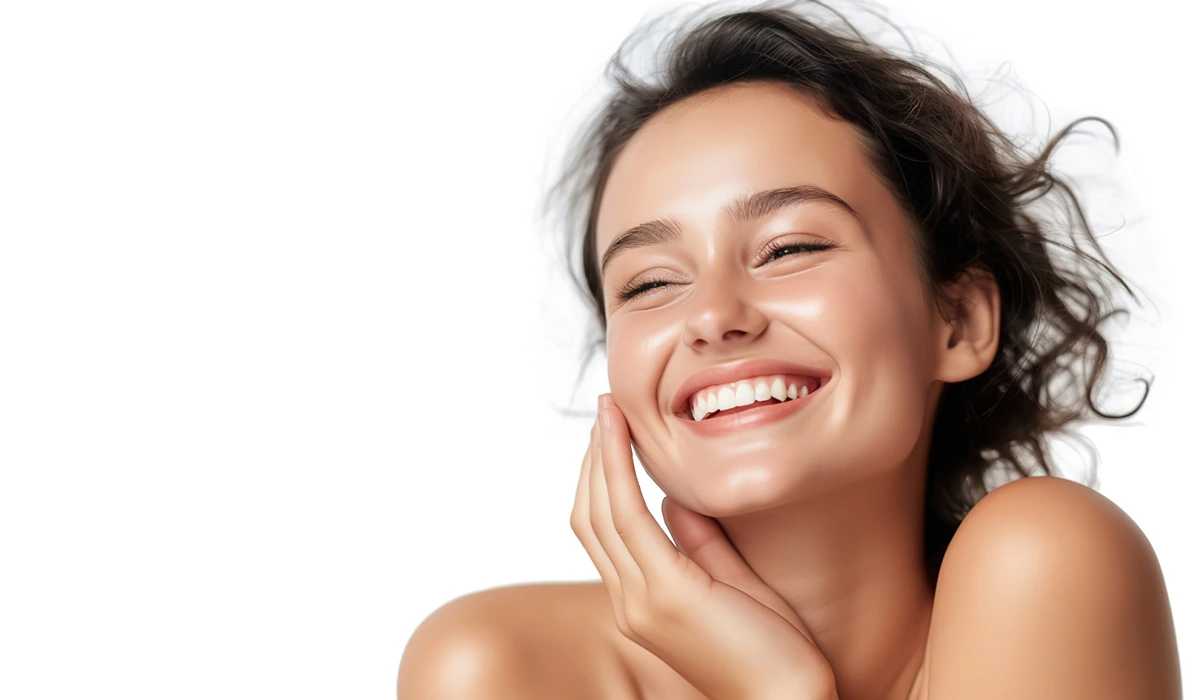Helping you face the day
How to Tell If You Have Fungal Acne vs. Bacterial Acne
Published on August 20, 2025 by Westchester Center For Dermatology

You’ve tried cleansers, spot treatments, and maybe even prescriptions, but nothing seems to clear those small, persistent breakouts. If this sounds familiar, you might not be dealing with traditional acne. In Westchester, where heat and humidity fluctuate throughout the year, fungal acne is a more common culprit than most people realize.
Understanding the difference between fungal acne and traditional acne can be the first step toward lasting relief.
Fungal Acne vs. Traditional Acne: Why It’s Easy to Confuse the Two
Both types of acne can look similar on the surface. They can present as clusters of small bumps, cause redness, and feel irritated. But their causes and treatments are very different. Traditional acne forms when oil, bacteria, and dead skin clog pores. Fungal acne, also called Malassezia folliculitis, is caused by yeast overgrowth in the hair follicles.
This yeast naturally lives on the skin, but heat, sweat, and certain products can cause it to multiply. When that happens, the immune system reacts with inflammation that looks like acne, but doesn’t respond to typical treatments.
How to Identify Fungal Acne
If your breakouts tend to show up on your forehead, chest, back, or shoulders and don’t respond to your regular acne products, you might be dealing with fungal acne. Many people also notice itching, uniform bumps, or worsening symptoms after sweating or being in humid environments.
The best way to know is with an accurate acne diagnosis from a board-certified dermatologist.
Getting the Right Treatment Matters
Misdiagnosing fungal acne as bacterial acne can lead to frustration and delayed progress. Standard acne treatments, especially antibiotics, can exacerbate fungal acne. Treating fungal acne requires a different strategy, typically involving antifungal medication, skincare changes, and managing moisture and heat exposure.
At Westchester Cosmetic Dermatology, we take time to understand your skin’s history. Whether you’re dealing with fungal, hormonal, or another type of acne, your treatment plan is personalized to reflect what’s going on.
You can explore our full acne treatment services and see how we approach care across different skin types and concerns.
A Note About Our Expertise
When you’re dealing with breakouts that don’t respond to typical acne care, clarity is key. Dr. David Kriegel brings that clarity to every evaluation. In 2024, he was selected by his peers as an outstanding practicing doctor in New York. After an extensive review process by MSP Communications, the recognition was published in The New York Times Sunday Magazine on May 4, 2025, in the “New York Super Doctors” issue.
That level of care and diligence extends to every acne evaluation we perform.
You Don’t Have to Guess What’s Going On with Your Skin
If your skin isn’t improving or you’re unsure what type of acne you have, it’s time for a more straightforward path forward. Take the first step toward absolute clarity. Contact us to schedule your appointment.



